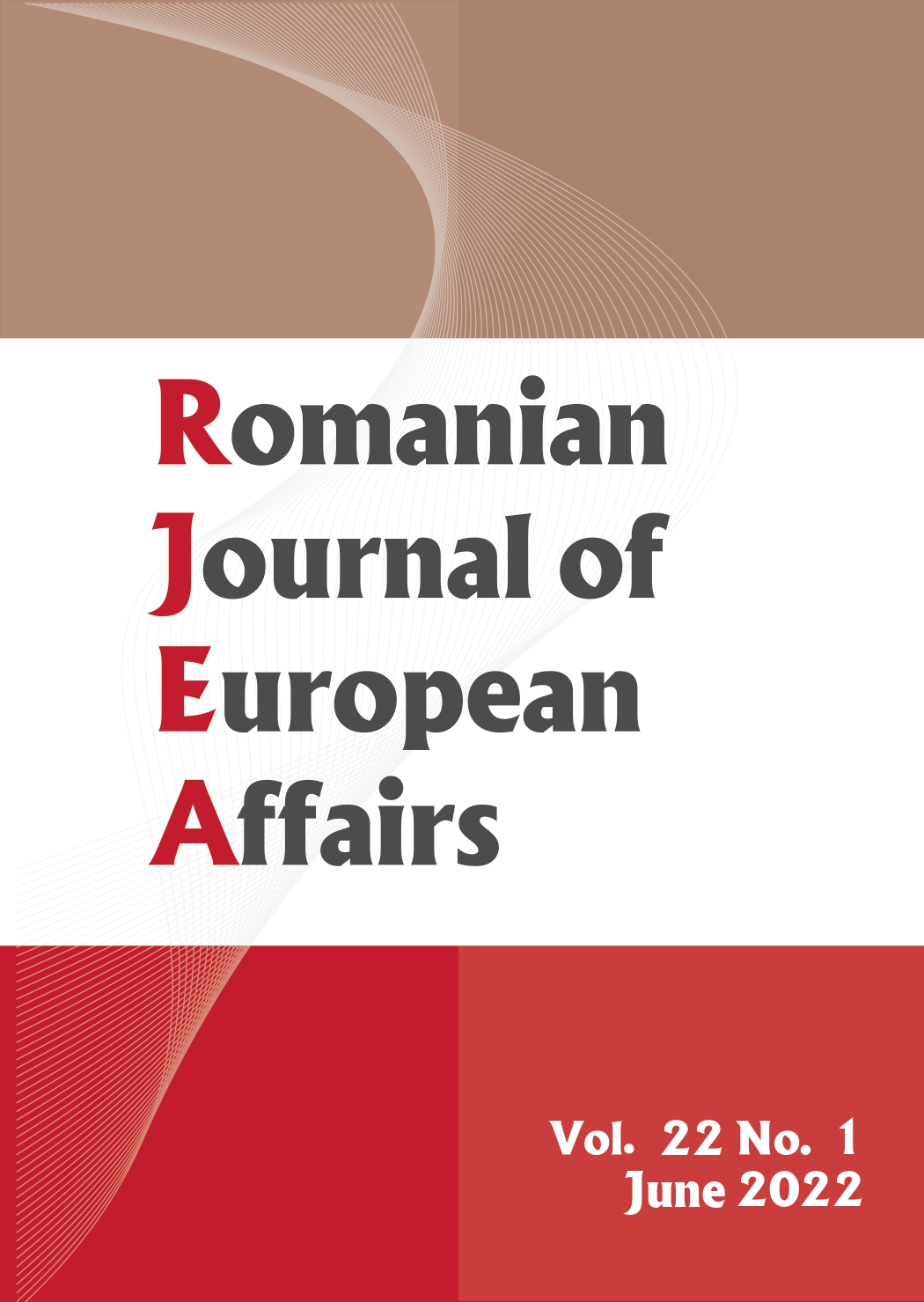Responsibility Versus Solidarity? Key Issues for the EMU Reform
Responsibility Versus Solidarity? Key Issues for the EMU Reform
Author(s): Péter HalmaiSubject(s): Politics / Political Sciences, Politics, Social Sciences, Economy, Supranational / Global Economy, Political Sciences, Economic policy, Fiscal Politics / Budgeting
Published by: Institutul European din România
Keywords: EMU; deepening; risk reduction; risk sharing; responsibility of member states; solidarity; resilience; fiscal union; reform package;
Summary/Abstract: The 2008 economic recession, followed by the sovereign debt crisis, made it clear that the original design of EMU was unsustainable. Together with the most urgent adjustments, the need for a profound reform of the system has been on the agenda for more than a decade. Despite significant steps being taken, no comprehensive reform has yet been delivered. In this paper, the background and the focus of the EMU reform will be reviewed. The research argues that it is necessary to create a better balance between the common shock absorption instruments (i.e., risk sharing) and to give a greater role for markets as incentives for fiscal and financial discipline (i.e., risk reduction). A new synthesis of the two dominant narratives could form the conceptual core of EMU reform. In this way, the need to create a sustainable system of resilience (the ability to respond and adapt) can be the decisive factor. At the heart of the EMU reform there can be deeper economic and financial union, resilient structures, the increase of risk sharing and the reduction of inherited risk.
Journal: Romanian Journal of European Affairs
- Issue Year: 22/2022
- Issue No: 1
- Page Range: 85-103
- Page Count: 19
- Language: English

